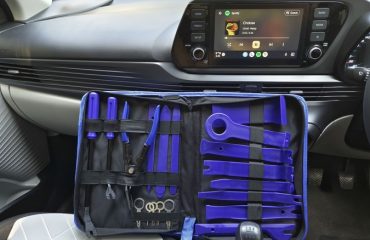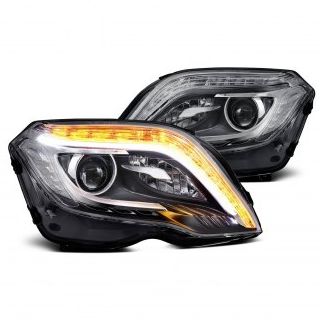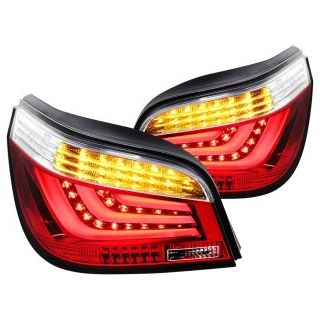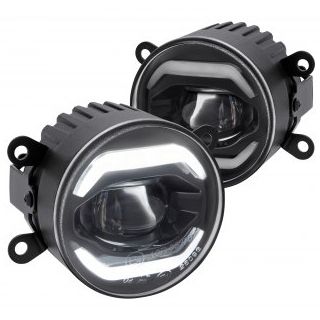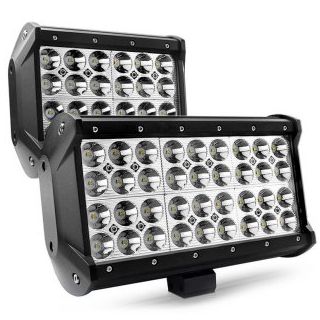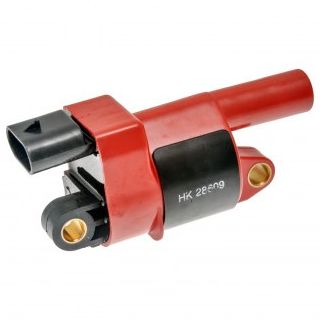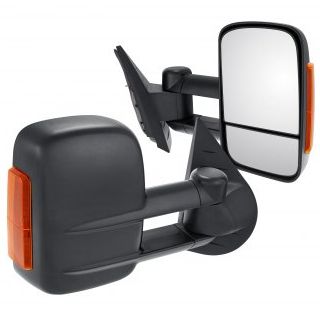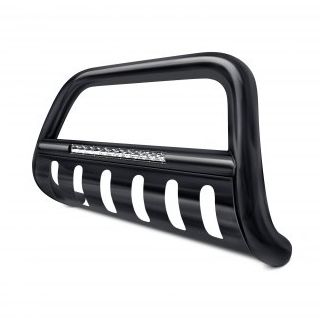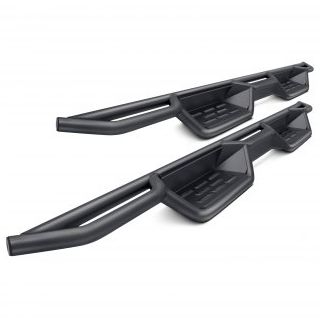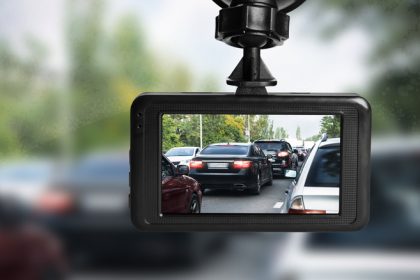
While some cars come with built-in dash cam systems, most car owners purchase aftermarket dash cams to enhance their vehicle’s security and record footage that can serve as evidence in the event of an accident. Although dash cams were initially only used by truck drivers and law enforcement officials, they’ve seen a massive uptick in adoption by passenger car owners as well. This is unsurprising, given that a dash cam offers several benefits and very few disadvantages, especially to the vehicle owner.
The best part is that, with technology advancing so much, you now have numerous options, from basic single-lens dash cams to ones that record footage 24/7. The latter, i.e., a type of dash cam that records throughout the day and night, offers car owners the benefit of continuous monitoring. This type of dash cam might seem like a hassle-free security solution for your car and a great way to reduce insurance-related expenses. However, it does, unfortunately, have a few drawbacks that you need to be aware of if you’re considering purchasing one. Below, we’ll explore all the potential drawbacks of 24/7 loop-recording dash cams and explain possible fixes for these issues.
Overwriting important footage
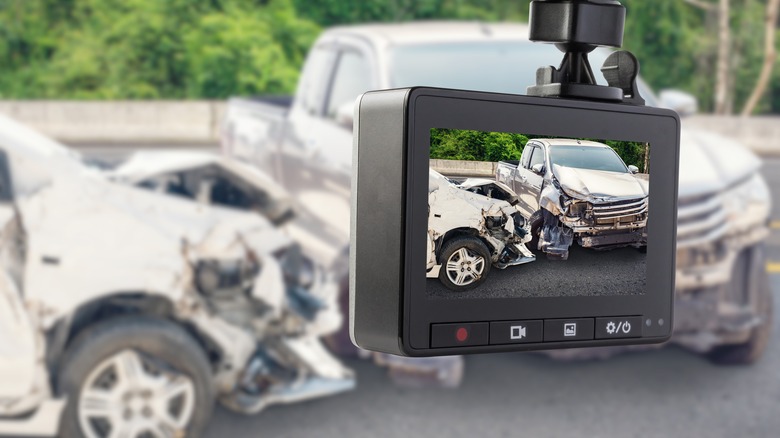
Loop-recording dash cams record continuous, 24/7 footage. This means older footage gets rewritten when the SD card becomes full, allowing the dash cam to continue recording new footage without any interruptions. While this can be a benefit if you’re on top of checking and retrieving your recordings periodically, it can also be a pretty major downside if the dash cam constantly overwrites footage before you have a chance to get to it. The very purpose of a dash cam, in this case, is lost if important footage that can serve as evidence in your favor is overwritten, and you’re left with nothing except videos that you have no use for.
One way around this is by purchasing a loop-recording dash cam that automatically backs up footage to the cloud. This way, the recorded footage is always available for you to check and retrieve in the event of an incident. Alternatively, you can also purchase a dash cam that shares real-time emergency or incident alerts. When you receive an alert, you can immediately lock the recorded footage, which will then keep the dash cam from recording over it.
Other drawbacks to consider
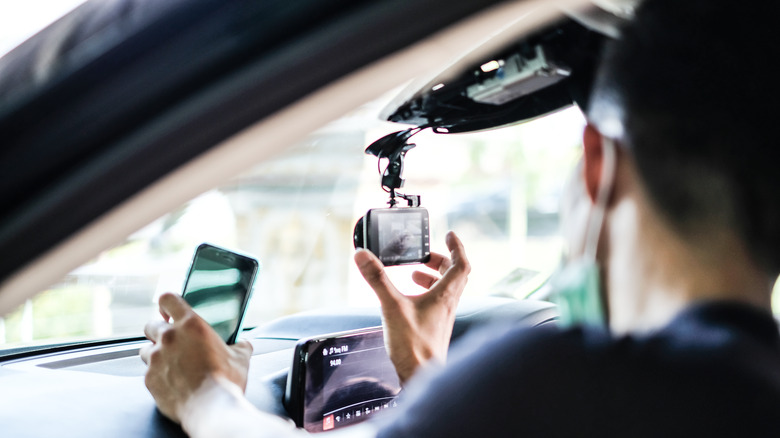
While overwriting is the most significant drawback, there are a few more things that you need to account for when buying a dash cam for your car, especially if it records 24/7. Frequent overwriting, which is unavoidable with a loop-recording dash cam, can significantly shorten the lifespan of the memory card. Although SD cards have a more or less finite life, purchasing an Endurance SD card that holds up better to continuous recording at extreme temperatures can help to a large extent. You’ll also want to format the SD card to keep it functioning optimally for a long time.
The general recommendation is to format SD cards once every 30 days, but if you drive more than the average person, you’ll want to format your SD card more often as well, perhaps, even as often as two weeks. Keep in mind that when you format your SD card, you lose all the data on it, so be sure to back up all the footage before attempting to format it. Another potential issue with loop-record dash cams is that they might end up with too many locked videos over time, which keeps the dash cam from recording new footage. To keep this from happening, check the locked videos on your SD card periodically and delete them or back them up elsewhere.
Is a loop-record dash cam worth the money despite these drawbacks?
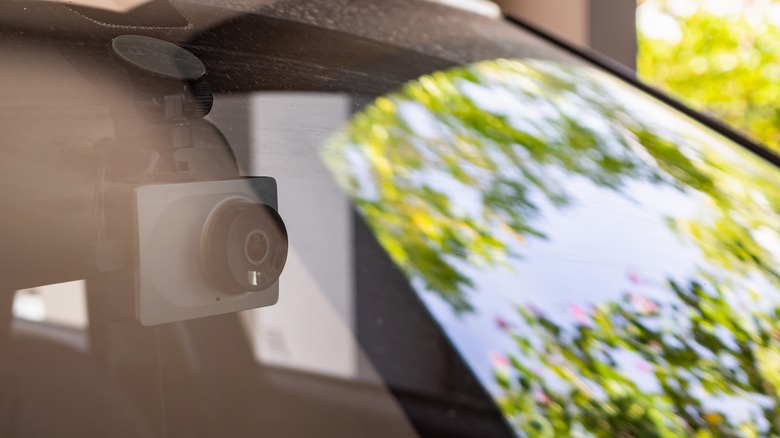
In general, any dash cam, whether it records footage 24/7 or only in the event of an incident, is a must-have upgrade for your vehicle. A direct benefit of these devices is that they help lower your insurance premium. In New York, for instance, non-commercial passenger cars that have a dashboard camera are eligible to receive a 5% discount on their automobile insurance premium. Given that insurance premiums are an expense you’ll incur for as long as you own a car, a discount of this type can help you save money and may even pay for the dash cam over time.
Another reason to install a loop-record dash cam is that you’ll have first-hand evidence to prove your innocence in case of an accident or another similar incident, making it likelier for your insurance provider to settle claims quickly in your favor. What’s more, if your loop-record dash cam has built-in GPS functionality, it might even help emergency services find you in the event of an accident. If cost is a concern, there are highly-rated dash cams available for pretty much any budget, so with some research, you should be able to settle on a dash cam model that suits your needs and budget.


